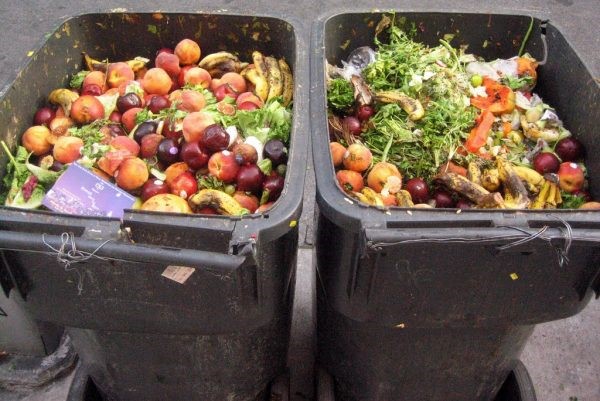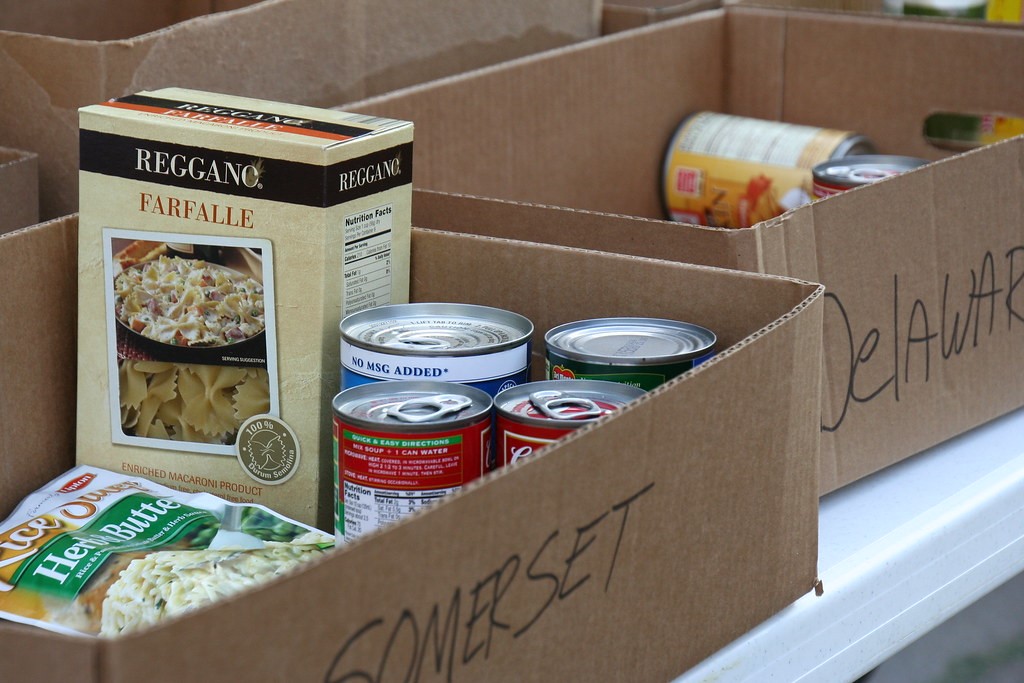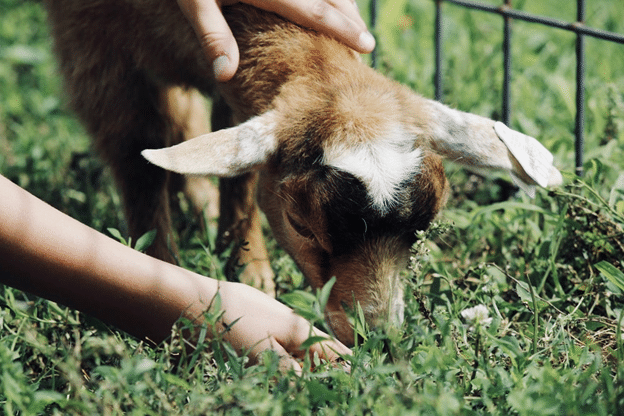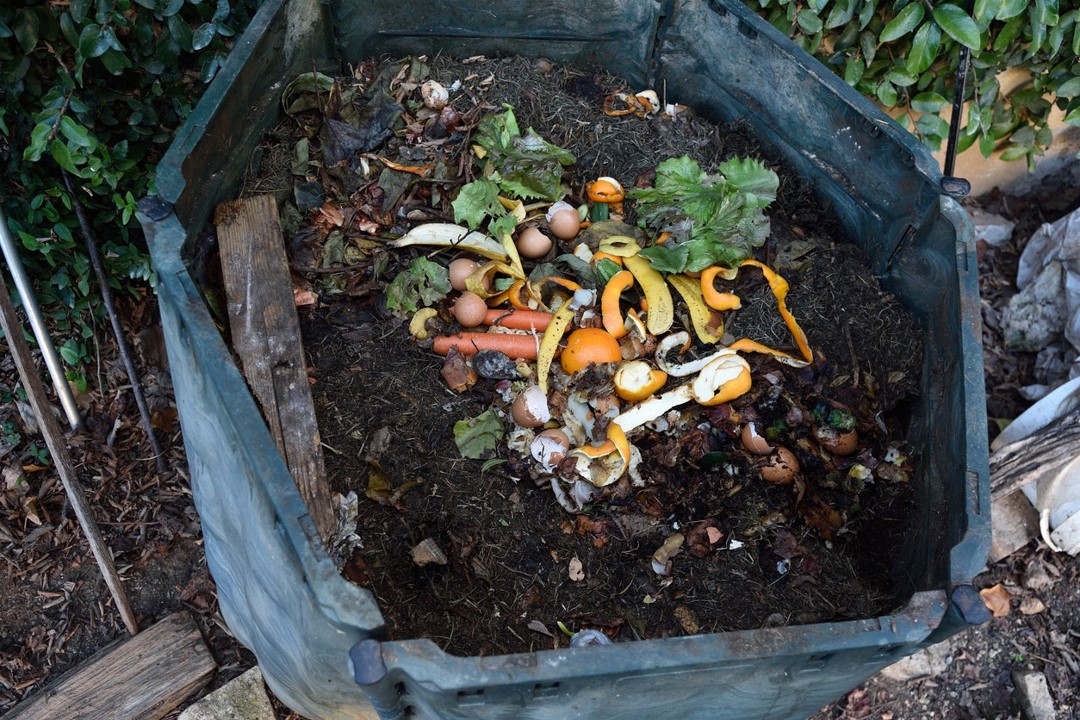How to Dispose of Food Waste?

Whether they are dining outside or eating at home, people tend to waste a lot of food. According to the US Department of Agriculture, over one-third of all food goes to waste in the US. Unfortunately, few of us feel responsible for properly disposing of food waste, which is why improper food disposal is quite common in communities.
It’s important to understand that upon rotting, food releases methane, a greenhouse gas that’s dangerous for the environment. While factories, agricultural practices, and burning of fossil fuels, etc., continue to heat up the earth and cause climatic changes, it’s high time that we as individuals do what’s in our hands to save the environment and protect our future generations.
Because food is consumed multiple times a day, you can play your role and make a difference by ensuring proper food waste disposal. The good news is that food waste doesn’t have to end up in a landfill. Here are some top tips to dispose of food waste:
Donating Unwanted Food
Instead of tossing the unwanted food in the trash, donate it to local charities such as soup kitchens or food banks. Of course, not all food waste can be donated, so start by determining what food items you should donate. All non-perishable food as well as low-sugar cereal, raisins, juice boxes, and tubs of peanut butter are good items to donate.
Once these food items pile up, contact an established local or national charity and ask them how to donate. Various national hunger charities provide online tools that you can use to locate local food banks. Certain mobile apps also help you donate unwanted food.
If you own a restaurant and wish to donate excess food, get in touch with the local charity and share the details about what food you plan to donate. They should send a van or truck that will collect the leftover food from your restaurant. Even if you have perishable food, you might be able to donate it by either a quick delivery or by freezing it.

Disposing of Non-Reusable Food
You’ve donated part of unwanted food but what about the food waste that can’t be donated or isn’t suitable for donations? That’s exactly what we’ll explain in this section. Be sure to separate spoiled food from the rest of the leftover food. Foods that rot quickly, such as meat, tend to attract pests, so it’s best to put them into the trash on the day they’re supposed to be collected.
Food items with low moisture content like chicken skin can be burned and the resultant ashes can be disposed of in a normal way. You can do this in an outdoor grill or your indoor fireplace, but not on a gas stove as this would generate a lot of smoke.
In case you lack a garbage disposal unit, you can also flush the soft items, such as rotten tomatoes, down the sink drain. But chop them into small pieces before doing this, otherwise it may result in a clog. Don’t use this method for oils or fats. Pouring oil or fats down the drain may lead to costly plumbing issues.
Collect cooking oils and fats in a jar that you don’t mind throwing away. Once it’s full, throw it in the trash. Alternatively, you may use leftover fats to create fat balls that will serve as a bird feeder in your garden.
Feeding Your Animals
If you have your own farm with animals, you’ll have minimal food waste. They will consume a lot of items that normally end up in the garbage. If you plan to use this method, take the time to research on what shouldn’t be provided to farm animals. Also, this doesn’t mean than you solely rely on food waste for your animals’ diet. Food waste should only be used as a supplement to their main diet.

Composting
Composting is a tremendous alternative to landfill food waste disposal. The process involves combining organic wastes such as food wastes, yard trimmings, manure, etc., in specific proportions into vessels, rows, or piles. To accelerate the breakdown of organic materials, wood chips and other bulking agents are added.
Once the finished material fully stabilizes and becomes mature through a curing process, it becomes what’s referred to as compost, an organic material that’s used for soil amendment or to grow plants. Mature compost is a more stable material containing a black or dark brown substance called humus that gives out an earthy smell.
However, the above explained technique is practical for waste management companies such as Titan National or other large organizations in different industries.
For an ordinary homeowner, composting can be as simple as placing a compost bin in your kitchen for leftover food, eggshells, tea bags, coffee grounds, or potato peels. Avoid adding dairy products, meat, or oil in the compost bin. Once the bin fills up, empty it in your garden and add organic materials such as newspaper, cardboard, and vegetation before mixing it with dirt and soil to break it down.
Certain foods such as dried pasta, bread, rice, and other grains aren’t appropriate for recycling or composting. Since they typically have a long shelf-life, donate them to local food banks instead. Rice or pasta that’s too old can just be tossed in the trash. Stale bread contains no nutritional value and moldy ones can even harm the birds, so avoid putting them in your garden bird feeder.

Closing Thoughts
To sum it up, wasting food harms the environment. The breakdown of food waste in landfills releases methane, which is 25 times more intoxicating than carbon dioxide. Therefore, you should do your best to avoid food waste in the first place. Then, follow the above-explained top tips to dispose of food waste.
If you’re a homeowner or manage a restaurant or any other business and want to know how to dispose of food, contact Titan National for the best food waste disposal solutions.







